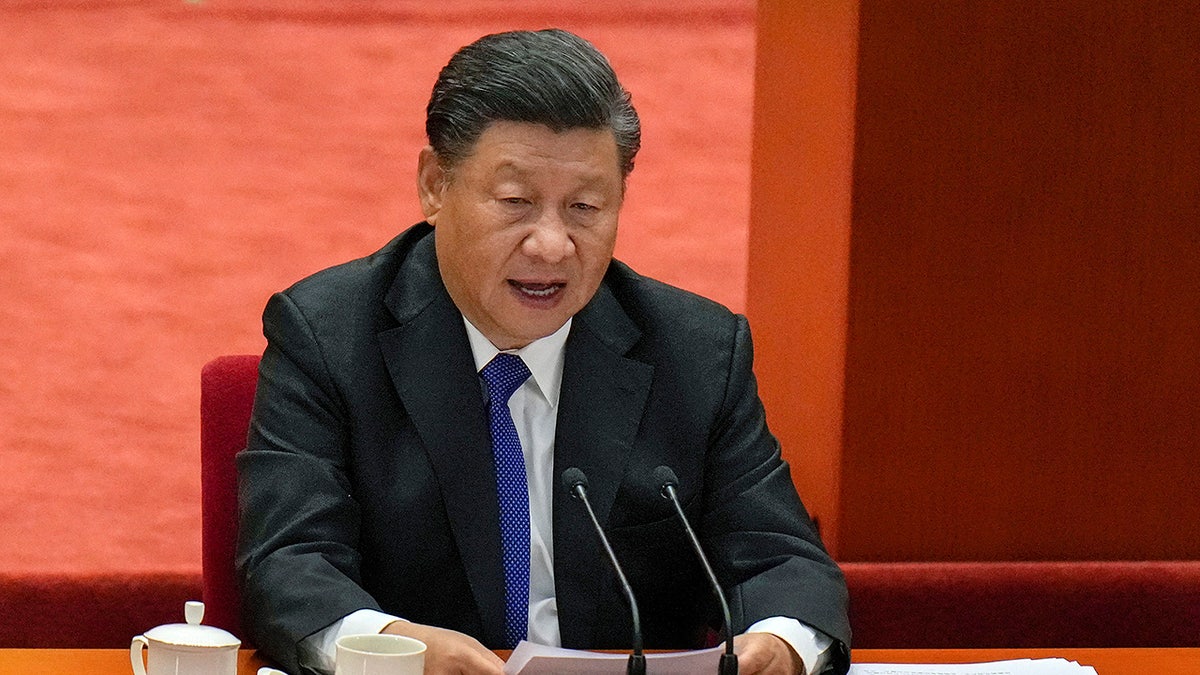NEWYou can now listen to Fox News articles!
China’s spy agency accused the U.S. National Security Agency (NSA) of hacking its national time service, alleging a yearslong cyberespionage campaign that targeted the system keeping official Beijing Time — a backbone for China’s telecommunications, finance and defense sectors.
The Ministry of State Security claimed the NSA began the operation in 2022 by exploiting a text-messaging vulnerability to gain control of employee cell phones at the National Time Service Center, then used stolen credentials to access servers and implant covert tools. The alleged breach, if true, could have allowed attackers to tamper with national timekeeping — a move that experts say could disrupt communications, banking and satellite navigation across China.
The NSA said in a statement it “does not confirm nor deny allegations in the media regarding its operations. Our core focus is countering foreign malign activities persistently targeting American interests, and we will continue to defend against adversaries wishing to threaten us.”

China’s intelligence agency, Ministry of State Security, said the intrusion began in 2022 when the U.S. National Security Agency (NSA) allegedly exploited a vulnerability in a mobile text messaging service. (Getty Images)
Chinese Investigators allege the hackers deployed 42 “specialized cyberattack weapons” to implant sabotage capabilities.
The attackers allegedly forged digital certificates, bypassed antivirus software and used strong encryption to erase traces to conceal activity. Tampering with the National Time Service could disrupt financial transactions, communications and satellite timing.
China’s national security agency said it countered the operation by cutting off the attack chain and upgrading defenses.
The Beijing statement claimed that in recent years, the U.S. has pursued “cyber hegemony,” launching hacking operations against China and across the globe.
FIDDLING WHILE ROME BURNS: AMERICA IGNORES CHINA’S RISING RED TIDE

For years, U.S. officials have argued that the U.S. needs to go on offense with cyberattacks to counter China’s cyber campaigns. (AP Photo/Andy Wong, File)
But for years, U.S. officials have said the nation needs to take a more offensive approach to cyber espionage, given China’s frequent intrusions into U.S. systems.
In a media statement, the U.S. embassy in Beijing said China “is the most active and persistent cyber threat to U.S. government, private-sector and critical infrastructure networks.”

American intelligence and private cybersecurity firms have repeatedly attributed massive data-theft campaigns – from the Microsoft Sharepoint breach to Operation Salt Typhoon – to Chinese state-linked groups. (Kurt “CyberGuy” Knutsson)
CLICK HERE TO DOWNLOAD THE FOX NEWS APP
The latest claim fits into years of mutual accusations of state-sponsored cyber activity between the world’s two largest powers. Beijing has frequently accused the U.S. of hacking Chinese systems, while American intelligence and private cybersecurity firms have repeatedly attributed massive data-theft campaigns – from the Microsoft Sharepoint breach to Operation Salt Typhoon – to Chinese state-linked groups.
In April, Chinese authorities accused the NSA of launching attacks against networks linked to the Asian Winter Games held in February.







